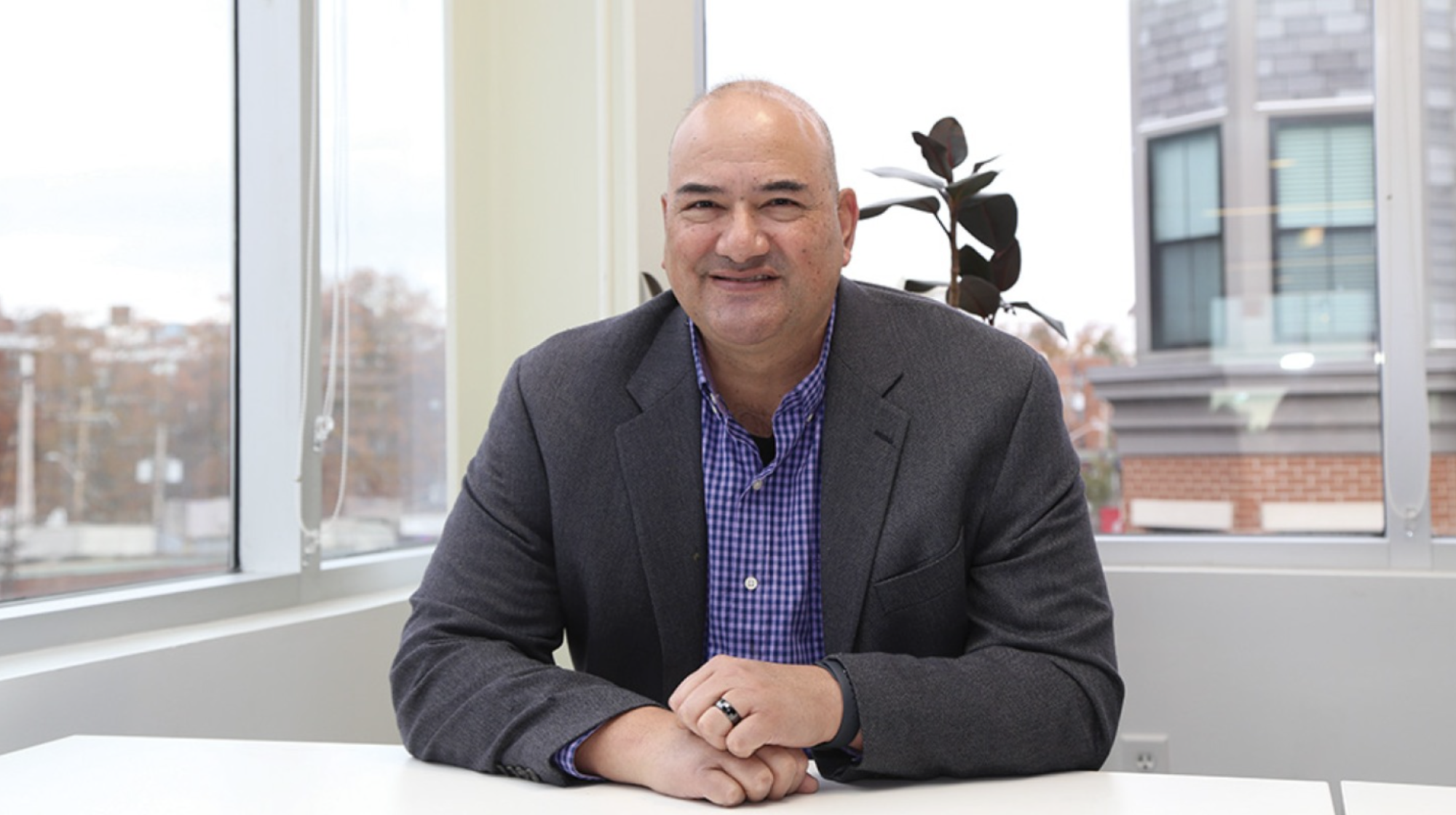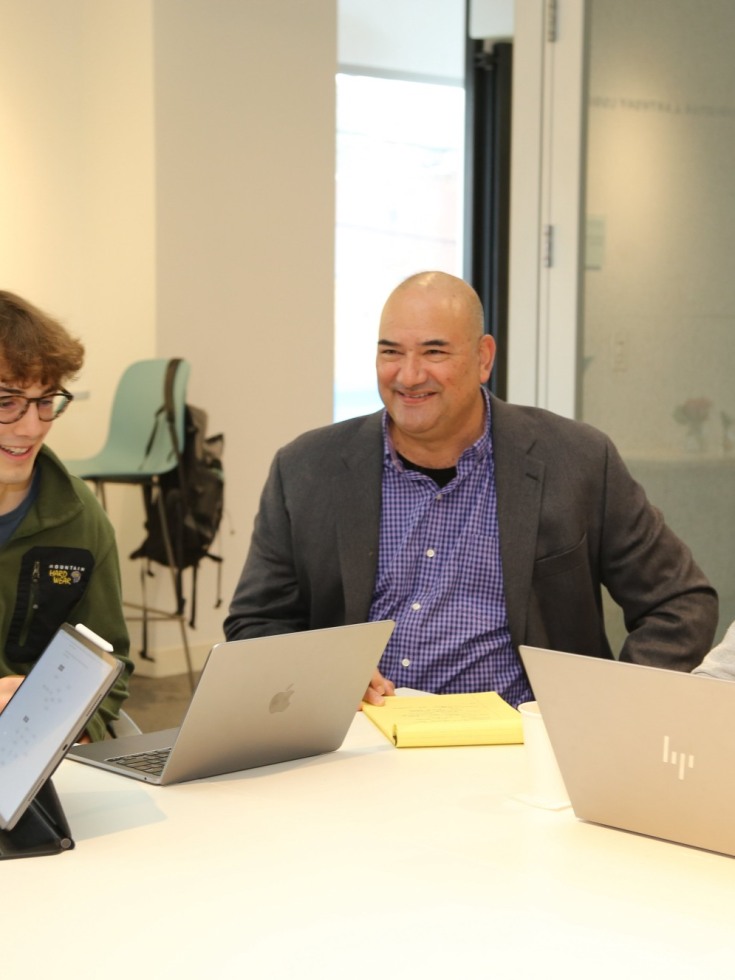
Duty, Honor, Country. This motto forms the foundation of the United States Military Academy's mission to educate, train and inspire leaders of character committed to a lifetime of service to our Nation.
After a distinguished 35-year career in the U.S. Army, retired Brigadier General Rich Morales is known for embodying these values, as well as others, like selflessness and integrity. He now brings them to Brown University’s School of Engineering as Professor of the Practice of Innovation and Design Engineering, adding education to his repertoire.
As a first-generation American from El Paso, Texas, Morales embarked on a journey of service alongside his wife, a pediatric nurse. Not long after graduating from West Point with a degree in aerospace engineering, he found himself in Iraq's hot, dry, windswept deserts, leading troops in the Gulf War.
While Desert Storm was his first experience in combat, it would be far from his last. A Purple Heart recipient, Morales has served in various operational roles including leading a UN peacekeeping force and later commanding a task force in Baghdad. His leadership, marked by preparation and trust, landed him in strategic assignments as a White House Fellow, an aide to the head of NASA, and later executive director of a national initiative in the Office of the President.
Beyond combat, Morales transitioned to academia and government, focusing on education and leadership development. From the battlefield to the classroom, he shares insights into cultivating effective leadership in almost every setting.
Leadership across environments — more alike than not
Leading in military, government, academic and corporate realms may appear worlds apart. But according to Morales that’s not the case, "While there are indeed differences in a combat setting, the core principles of leadership remain constant across all domains," he says.
Most broadly, he shares his observations of leader development at the Coast Guard Academy where graduates focus on two life-long skills, leading self and leading others. The first life-long skill is competence. Morales points out that wherever you find yourself, you need to have the skills, confidence and capability to do your job. "Do you understand what your purpose or mission or tasks are? Do you listen to others? Bring an open mind to problem solving? Have you taken the time to invest in developing your abilities and those of others to meet those challenges?" he states, reflecting on his various positions.
Teamwork is also a critical capability. "In some cases, teamwork means a light touch; in others, a more hands-on approach is needed," he says. Ultimately, it's essential to know what challenges you're trying to solve. That stems from a solid understanding of your environment. "Regardless of the context, it's important to know what you're up against paired with an in-depth understanding of the situation you're in," he explains.
These skills are elemental no matter where you lead. At Brown, these skills enable faculty, students and academic and industry partners to develop and deploy knowledge to tackle vital complex problems that impact the globe.
Leadership can be taught, but you have to want to learn
As for the age-old question regarding whether leaders are born or made, Morales is firmly aligned with the second camp.
"I've been teaching leadership and working to think critically my entire career — there's no doubt leaders are made," he says definitively. But he also points out that those who aspire to positions of leadership must embrace education.
"Leadership isn't a chore — it is tough, rewarding, fun and requires work. People who do the work are the ones who become leaders," Morales points out, drawing from his experience. He suggests that people can lead and build their skills, "Learning how to lead is a major investment of time. If you're going to do it, you need to commit to studying, reflecting, questioning and developing effective communication and collaboration skills."
He also comments that authentic networks of peers, mentors and friends are a significant part of growth as a leader and the relationships you build over the years pay substantial personal and professional dividends. "When I was in Iraq, I reached out for advice, not only from other Army officers but from a business school classmate who ran HR for Google, a fellow rower who was on the board of a bank, and a friend who was president of an NBA team. They provided me with a very different perspective on organizations and people." A strong network gets you out of your ordinary daily bubble of influence. Morales sums up this way, "Teaching leadership is a mix of theory and practice that blends in the right people to make the concept of getting things done the right way come alive."
